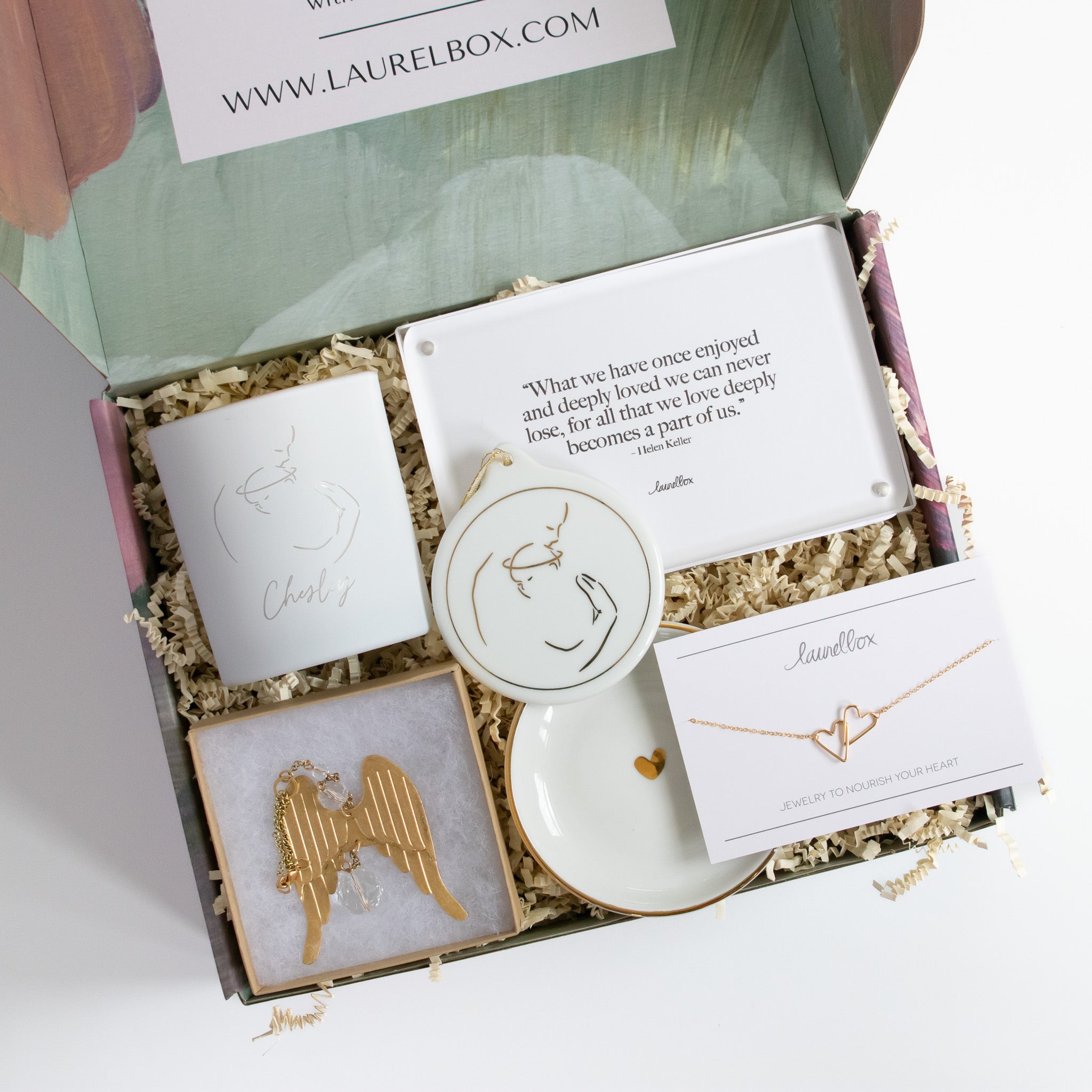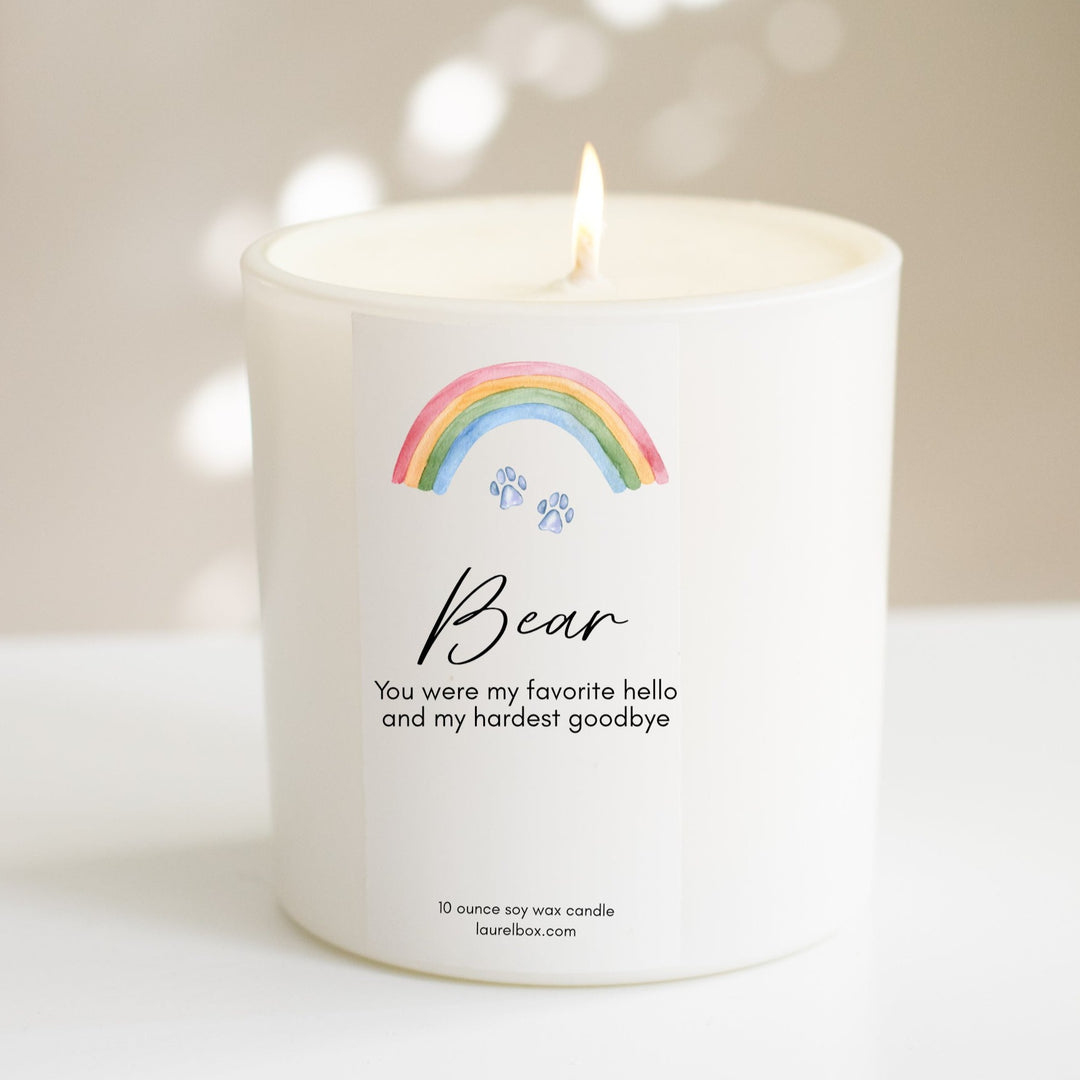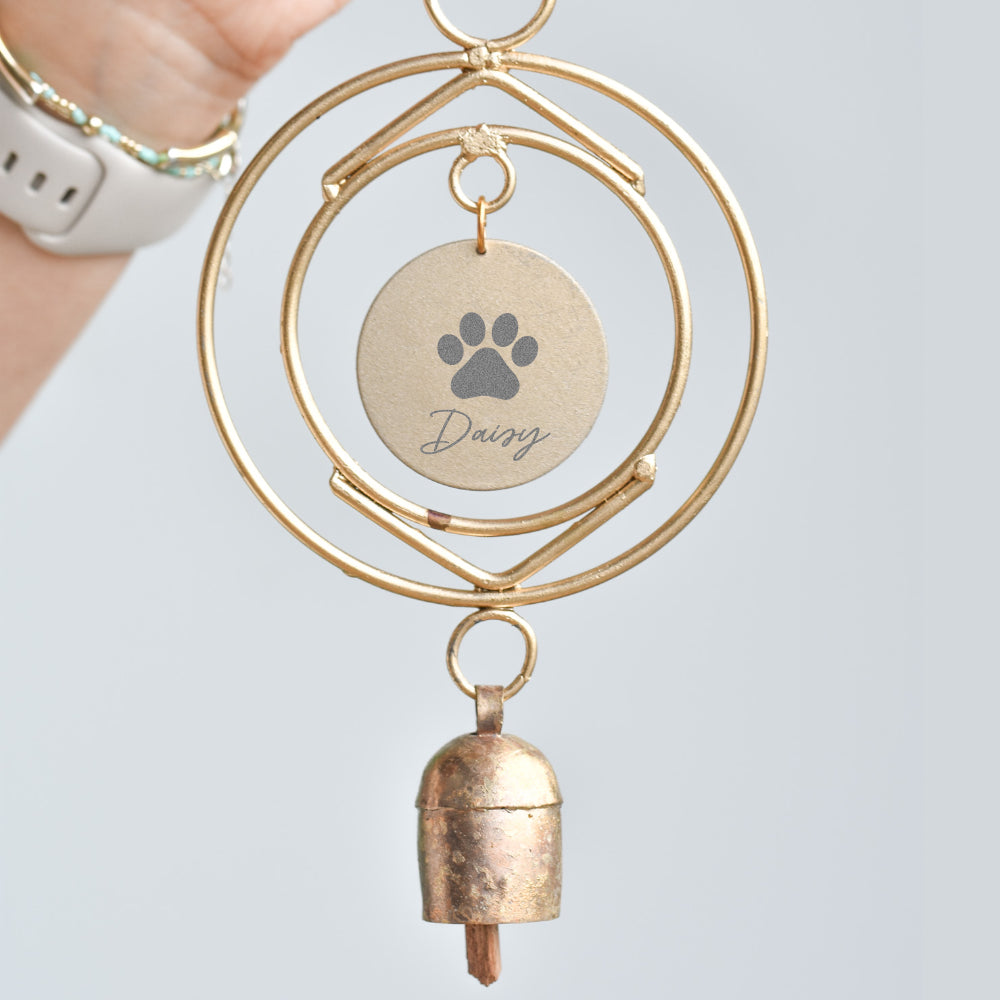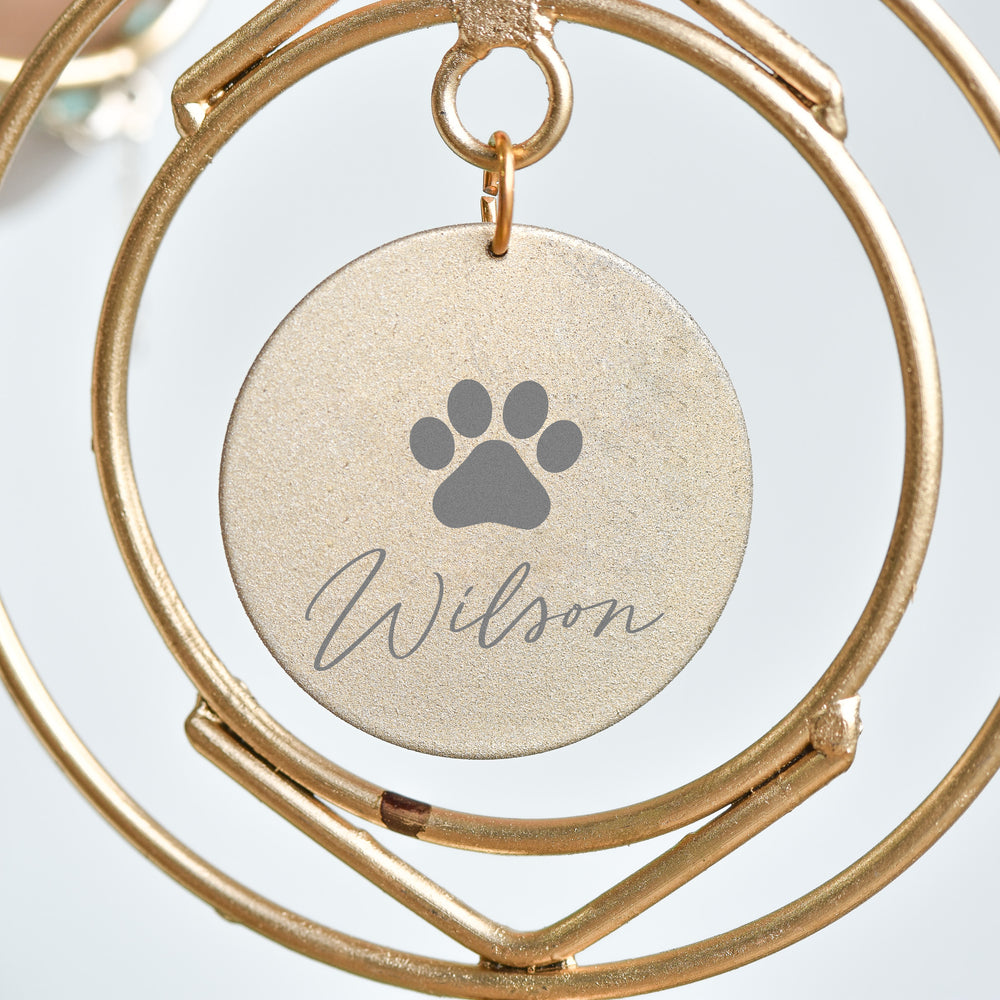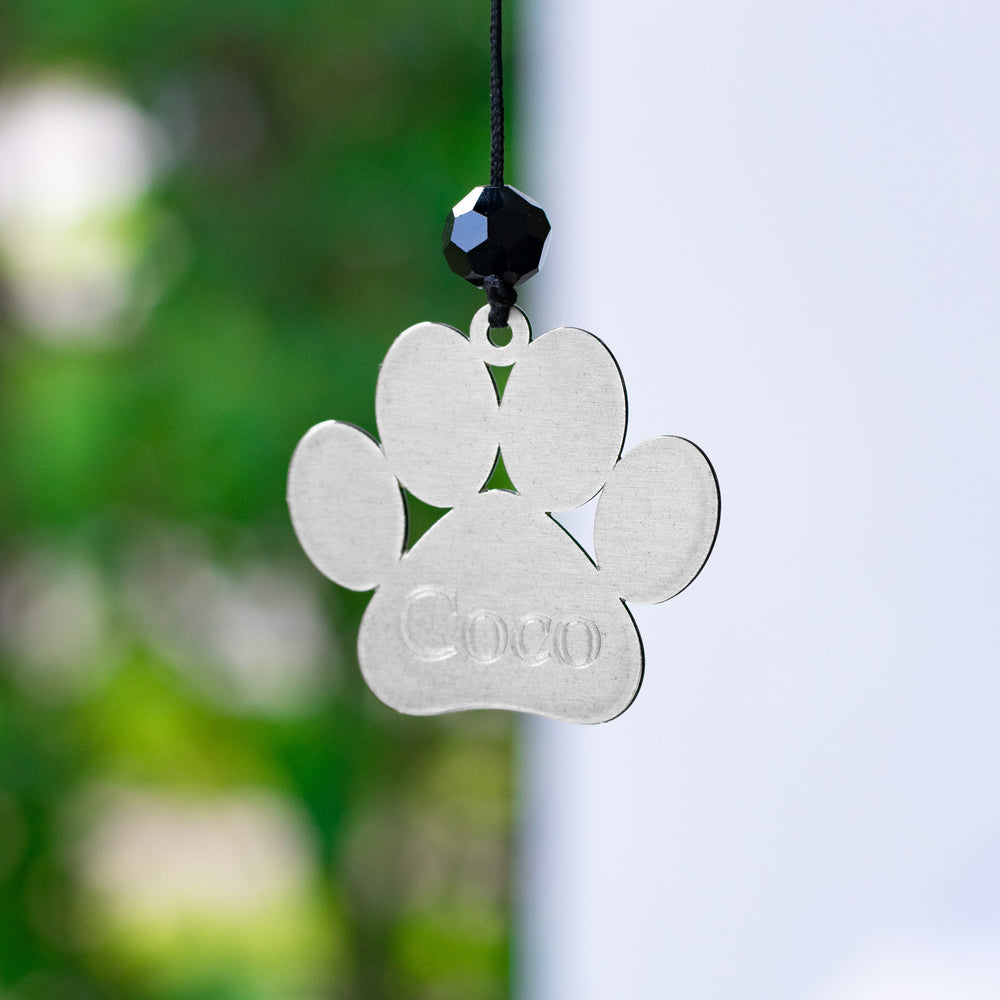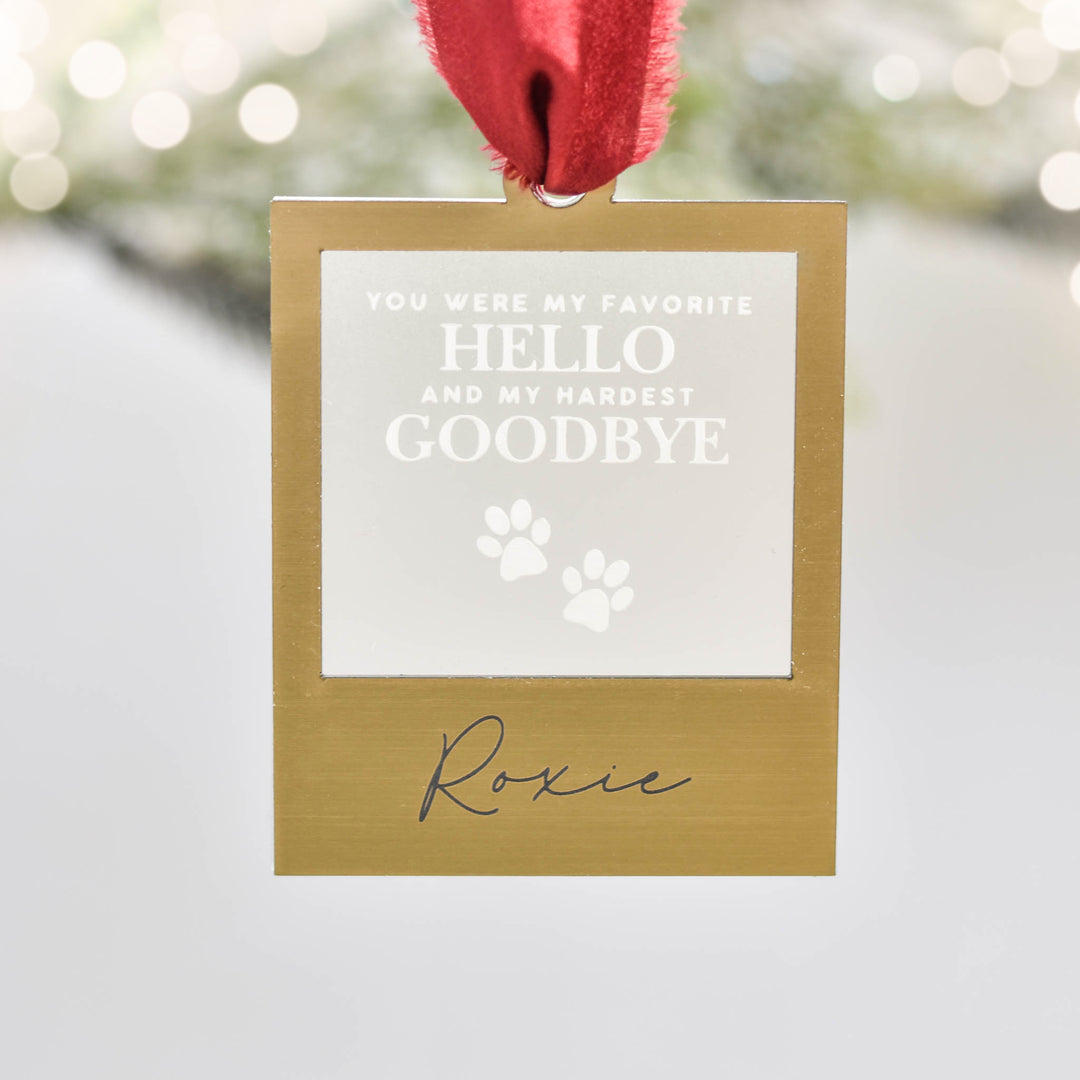
Helping Kids Cope and Understand the Loss of Family Pet
Pets hold a special place in our families, bringing joy, companionship, and unconditional love into our lives. For children, in particular, the bond with a family pet can be profound, serving as a source of comfort, friendship, and even life lessons. However, when the inevitable happens, and a beloved pet passes away, children can experience a unique and sometimes overwhelming sense of loss.
By providing children with the necessary tools and support to navigate their emotions and understand the concept of death, we can help them process their grief and ultimately move forward with fond memories of their cherished furry friend. Here are a few ideas to get you started.
Explaining Pet Loss
Did you know there are currently more American households with a pet than with children under age 18? According to the most recent US Census, households with children stand at 40% while households with pets stand at a whopping 70%. If you are a household with both pets and children, you may have to walk through losing a pet and explaining that loss to a child. It’s important you consider the age of your children when explaining your pet’s death. Also be sure to use proper terminology and be truthful. Choosing to say, “Max ran away to a farm,” might make things easier in the short term, but later on your child might become upset to find out you weren’t truthful. Young children (3-6 years old) take things very literally so be careful not to use the phrase “put to sleep” if your pet was euthanized since we all sleep. That could accidentally create a fear of sleep, something no parent wants to deal with! School-aged children (7-12 years old) might be more mature and could handle additional details. Follow your child’s cues and questions as to how much information they can handle. Teenagers (13+ years old) might have already walked through losing a pet and can pull from past experience. No matter what age your child is, make sure to lead with honesty and openness. Be available to answer questions and know it’s okay to say “I don’t know.” If a child asks what happens to the pet after it dies, answer based on your own understanding of death and/or your faith. Death is inevitable but it’s also in many ways a mystery.
Walking through the loss of a pet can be especially difficult with children. Here, our son Trey takes a picture with our two pups, a few years before we lost Snickers (far right).
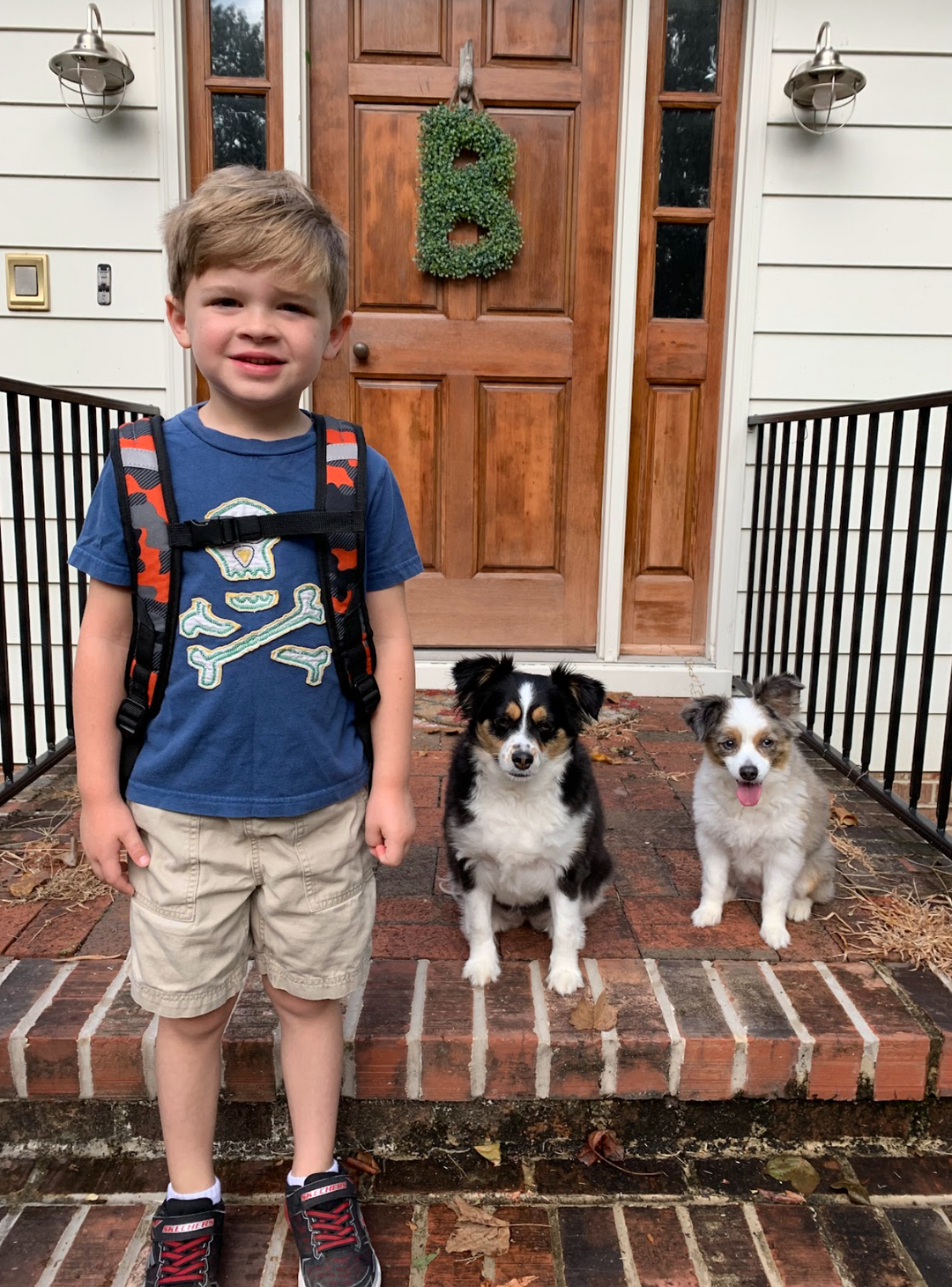
Encouraging Emotional Expression
Depending on your child’s age, personality and maturity level, they will have different emotions to navigate after the loss of a pet. Regardless, make sure to validate their feelings and give them space to grieve and mourn the loss. It’s important children feel safe in sharing their emotions and know open communication and questions are encouraged and allowed. Car rides are a great opportunity for conversations. It’s also a good idea to encourage creative outlets to release some emotions and share feelings. Young children could color a picture of their pet and describe what they miss the most. School age children might enjoy drawing a comic strip that shares a favorite memory or what they’ll miss the most. Older children might want to write an “obituary” for their furry friend and read it during a memorial ceremony, which leads us into…
Honoring the Pet's Memory
A great way to honor your pet’s memory is to hold a pet memorial ceremony or pet funeral of sorts. This doesn’t have to be an elaborate event but let your kids take the lead. After a loss, it can feel good to have “something to do” and tasks to stay busy. I remember a friend’s son lost his beloved turtle the day before a big trip was planned. They stopped packing and held a funeral service for the turtle in the front yard complete with music. Acknowledging the loss helped the son make peace with the unexpected loss. Your child could create a tribute or scrapbook for the pet as well. Little hands need to be moving and something as simple as a shadow box or a homemade scrapbook of pictures and mementos might be a way for your child to have tangible reminders of the pet. Pet memorial gardens are a special way to honor an animal too. You could plant flowers or a remembrance tree in the backyard at their favorite spot to sun or even set up a grave marker where you bury them so the children can easily visit the gravesite. A great way to honor a life is by sharing positive memories about the animal. For the first week after the loss, have each family member share a memory of the pet during dinner. Chances are laughter, and maybe a few tears, will fill the space. Laurelbox offers a variety of pet memorial jewelry and other keepsakes like custom candles to honor the life of a pet.
Dealing with Grief
Children may walk through the traditional stages of grief just like adults. It’s important to let children know those big emotions are normal and allowed. Grief doesn’t abide by a certain timeline. I remember after we lost our toy Australian shepherd, Snickers, unexpectedly in 2020, our son Trey handled it easily. He was six at the time and Snickers had been part of our family long before he was born. He didn’t even shed a tear when we told him but instead immediately asked, “Can we get a cat now?” Ahhhh, kids! We assumed he wasn’t that upset and as the months passed, we thought Snickers was a distant memory for him. Then one day we stumbled across some pictures of Snickers on my phone and Trey teared up and actually cried over losing her. Kids grieve on their own timeline, just like grownups. Be there to offer hugs, encouraging words and comfort as they navigate the loss whether days or months after. The saying is “It takes a village” to raise kids. Don’t be afraid to seek out support from family, friends or professionals depending on what your child needs. If you know a family who lost a beloved pet, arrange a playdate and have the other family’s kids share with your children what it was like. Sharing our stories helps not only the hearer, but the sharer too!
Answering Questions
After a pet’s death, kids may worry another family pet may die as well. Reassure them as needed and answer any questions they have. As I mentioned earlier, it’s okay to say “I don’t know” if your children ask questions about death and the afterlife and you simply aren’t sure. When I told Trey I was writing this blog, he suggested children make sure to care for the living pets in their house, even as they grieve the death of another. It also might help to give children a “script” to say if they were to be asked about the pet’s absence when friends come over. If your family always visits a certain dog park, let the kids know it’s okay to talk about the loss as it can help alleviate pressure. “Macaroni isn’t here anymore. He died but he sure was a good dog,” could be a simple line you give your child in case someone asks.
Moving Forward
At some point, kids will most likely start asking about getting another pet. Involve children in the decision-making process but know ultimately, it’s up to you as the parent. Only you, and your spouse if applicable, know what’s best for your family. It’s okay to wait a bit before deciding either way. In the meantime, focus on the positive memories and the different ways you can honor your pet’s legacy.
Choosing if and when to get a new pet after losing one is a family decision that shouldn't be rushed. In the meantime, cherish the memories you do have and encourage children to share their memories as well.
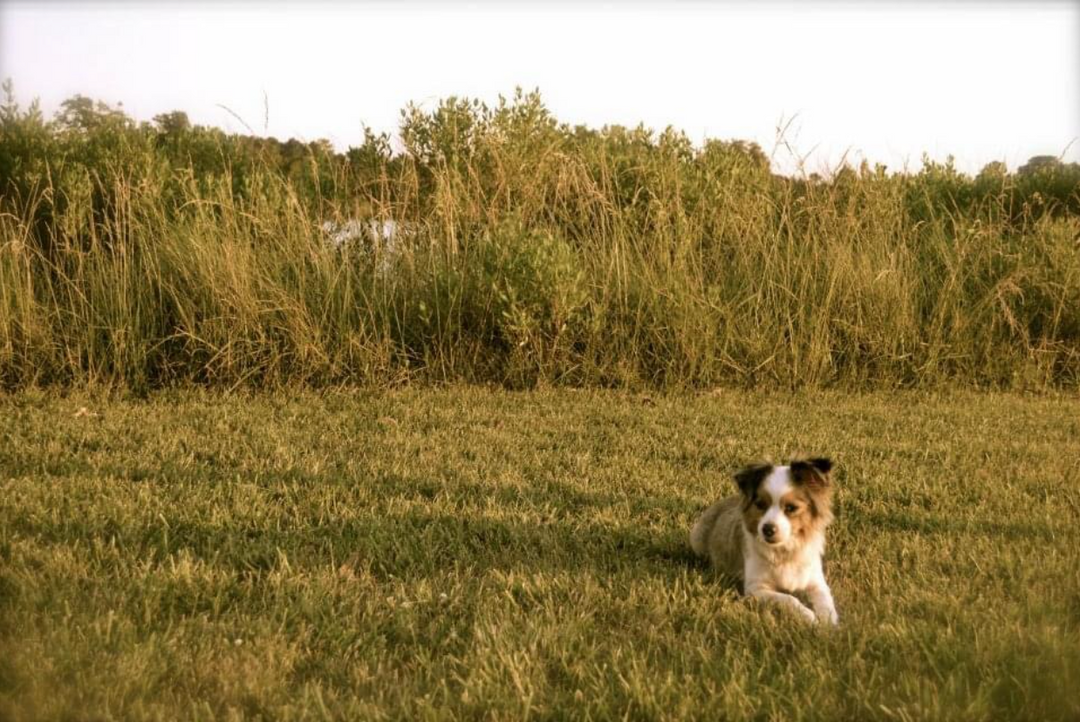
Additional Resources and Support
Lastly, check out some additional resources if needed. Best-selling author Sissy Goff has spent 30 years counseling children and adolescents and co-hosts a fabulous podcast called “Raising Boys and Girls” that is my go-to as a parent. Check out her tips for helping grieving kiddos in her podcast that is sure to offer additional insight. There are also a number of books on the subject. Here is a comprehensive list that includes books for children as well as adults. Don’t forget to check out your local library in case they have free copies of these to borrow. If your child seems in need of additional support, consider seeking grief counseling or support groups. A quick Google search of your area can provide options as well as reaching out to your child’s pediatrician. Ultimately, we as parents need to support our children as they navigate the loss of a dog or pet and be there for them unconditionally.
LANNA BRITT
Lanna Britt was a national news producer in Washington DC for nearly a decade covering politics, breaking news and current events. She now lives with her husband and three children in Richmond VA. She has two sweet babies she’ll meet again in heaven.




